
Nigeria’s $1 Trillion Goal: A Daunting 5x Growth Challenge
Nigeria’s economy needs to grow five times faster than its current pace to achieve a $1 trillion GDP by 2030 , according to the World Bank’s latest Nigeria Development Update (NDU) . Titled “Building Momentum for Inclusive Growth,” the report warns that without urgent structural reforms, poverty and inequality will deepen.
Current Growth Falls Short
While Nigeria’s economy grew by 4.6% in Q4 2024 —the highest since 2014—the World Bank stresses this is insufficient. Lead Economist Alex Sienaert praised recent macroeconomic reforms for stabilizing the economy but emphasized that growth must shift toward sectors like manufacturing and agriculture to create mass employment . “Sectors like ICT and finance drive growth but exclude millions without skills,” he noted.
Transition Words for Clarity
However , the report highlights progress: Nigeria’s fiscal deficit dropped from 5.4% to 3.0% of GDP in 2024, aided by rising revenues. Meanwhile , inflation remains high at 22.1% , though tight monetary policies aim to curb it by 2025.
Shorter Sentences for Impact
Growth is uneven. Poverty persists. Reforms must accelerate.
Public-Private Collaboration Key
The World Bank urged Nigeria to adopt a dual strategy :
- Public sector : Invest in infrastructure, healthcare, and education.
- Private sector : Create jobs through deregulation, improved electricity, and better access to finance.
“Public resources alone can’t fix Nigeria’s challenges,” Sienaert said. “The private sector needs an enabling environment to thrive.”
Why This Matters
Nigeria’s population—projected to hit 400 million by 2050 —requires 25 million new jobs annually . Without inclusive growth, poverty could worsen, fueling social unrest.
Progress and Praise
Acting World Bank Country Director Taimur Samad lauded Nigeria’s macroeconomic stability but stressed the need for deeper reforms. Finance Minister Wale Edun echoed this, highlighting transparency in the oil sector and digitalized social safety nets as priorities.
CBN’s Role in Stability
Central Bank Governor Olayemi Cardoso pledged to maintain a tight monetary policy to combat inflation and stabilize the naira. “We’re committed to financial inclusion and fintech growth,” he added.
CTA: Join the Economic Debate
Can Nigeria realistically achieve 5x growth by 2030? What reforms would you prioritize? Share your thoughts in the comments or tag us on social media with #NigeriaEconomicFuture. Let’s chart the path to $1 trillion!
Growth is possible—but only with bold action.






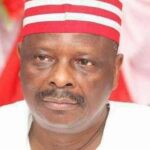
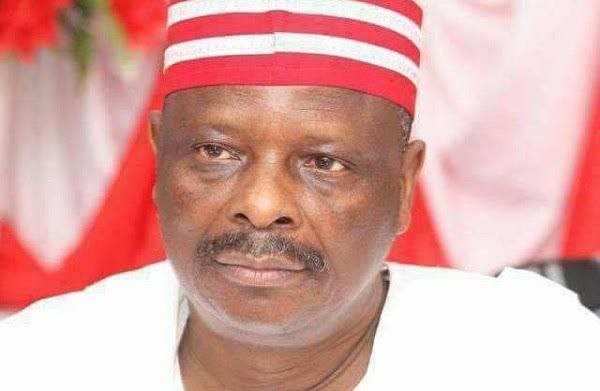
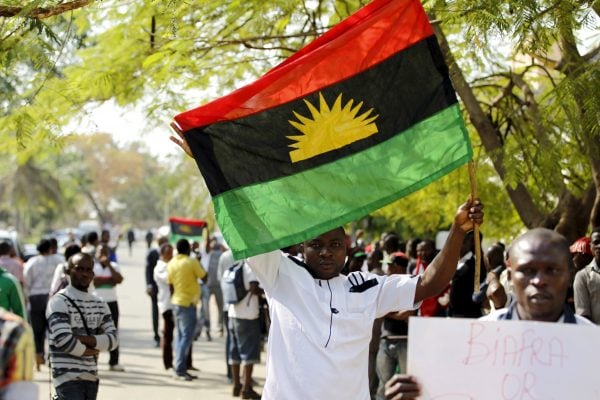
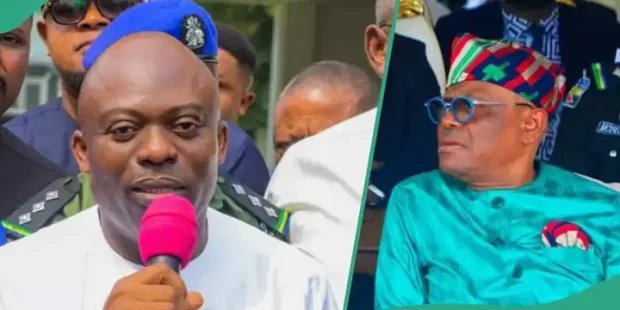
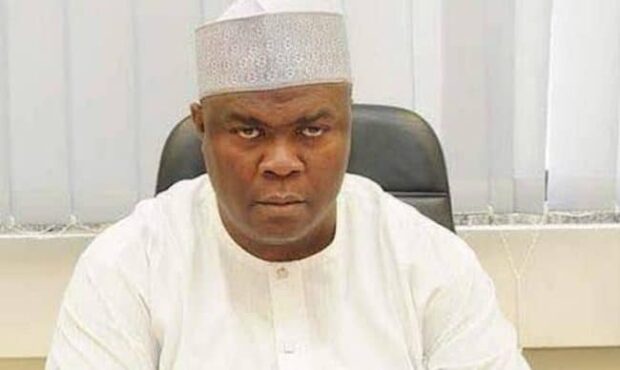
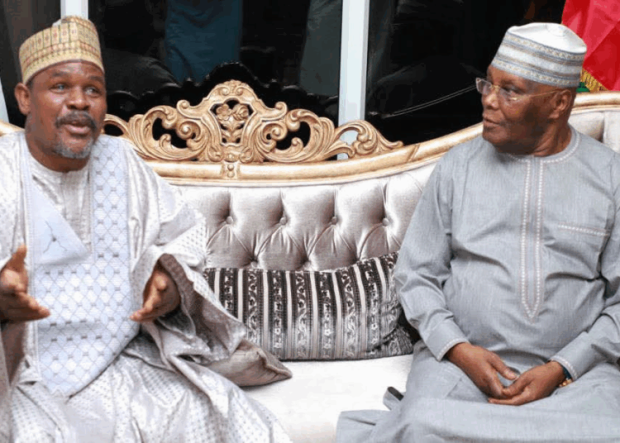
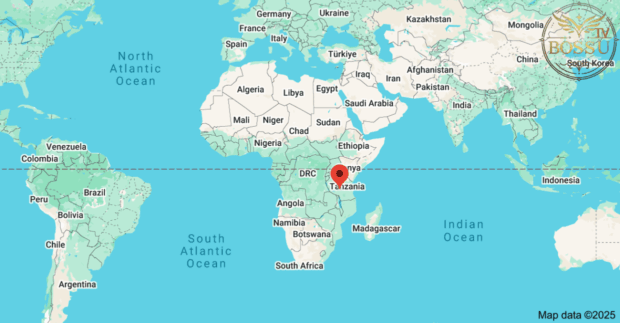

Be the first to leave a comment